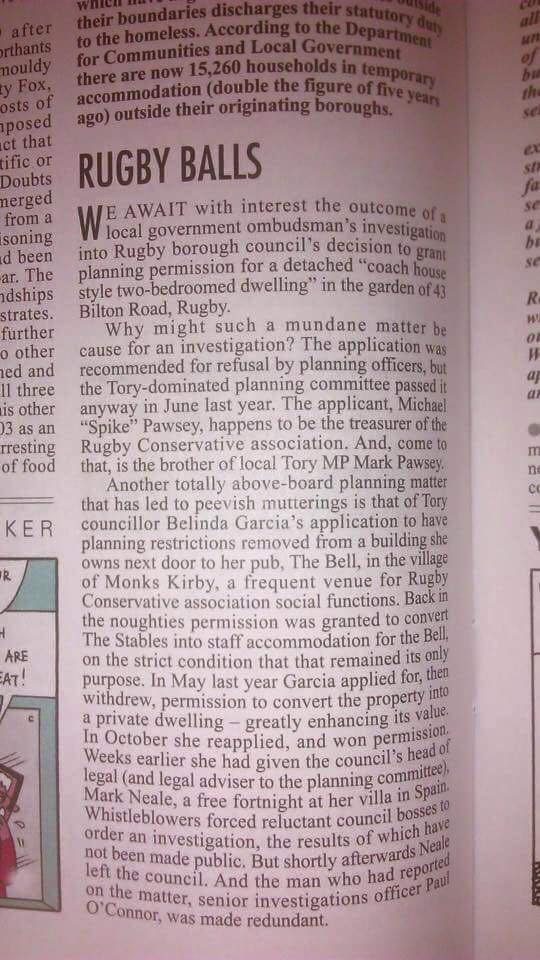On the national campaign, this NI thing is a bizarre one. It’s not that big a shift, but it does contribute to the long term need to narrow the budget deficit. As NI is supposed to cover unemployment benefit, state pensions and the NHS, it makes sense for a marginal increase given that all of them have increased over time and are resistant to cuts. The Tory argument (as exemplified by Duncan Crow, who thinks that personal abuse and ignorance combined make a reasonable political argument) ignores a key element, one which the government find hard to express and is not easily demonstrated over a sound-bite driven media, but is important nevertheless:
The Tory plan is to make deeper cuts in 2010 in order to pay for not increasing NI from 2011. Those cuts in spending would inevitably mean the loss of public sector jobs. This would mean less money going into the economy via their wages (even public employees need to use the private sector to buy food and other goods) and would increase pressure on unemployment. It would also mean less money going to private companies who supply the public sector. The next six-nine months are pretty important for the UK economy in terms of the recovery. Germany could slip into recession again, and so could other countries which have cut early. By April 2011 we should be through that crucial period when the recovery needs to be nurtured and the private sector is able to grow naturally, and can better absorb a marginal tax increase. It also seems to me that a mixture of measures designed to increase revenue as well as control spending are more likely to be effective than to simply try and control spending.
No-one denies that the current budget deficit is unsustainable. Most of it is caused by the recession, of course, and so the end of that will see it come down quickly – it’s already lower than expected by £11bn. However, the question that is crucial is how fast and how early we take action to further reduce it. If we don’t act at all, or act too late, then there will be more long term debt to pay off, which isn’t great. If we act too fast or too drastically, the effects on the wider economy can damage it’s capacity to recover. The problem with pretending that the public sector is separate from the ‘real’ economy is that it isn’t – they are inextricably linked. Public debt is a private asset (ie: governments borrow by selling bonds that investors buy); money that is paid to employees, public or private, goes into the cash economy as it is spent; Things that the public sector doesn’t do can have an effect on the private sector, or can draw activity into an already hard-pressed voluntary sector.
What’s more this false dichotomy doesn’t chime with the same Tory propaganda that equates the public debt issue with the national economy – it’s perfectly possible to have a large public debt and a strong economy or a low debt and a weak economy, but they seem to bang on as if they are the same thing.
My belief is that a reluctance to be seen to increase taxes is the main reason that the deficit started to grow in the years before the recession. No-one complained when new schools were being built, when NHS waiting lists came down from many months to a matter of weeks, when OAPs were given a guaranteed minimum income. But at the same time, no-one wanted to pay for those things, it seems. The tax burden has not really changed much since 1997 (indeed, it hasn’t changed much since the late 1980s), but we still have the basic problem with democracy – people will vote for more spending or lower taxes, and choose between them, but they are reluctant to vote explicitly for spending cuts or higher taxes. I’d prefer that the government had been bolder in the second term and established the principle of ‘you want it? you pay for it’. Mind you, at least we did better than the US government which slashed taxes are probably the worst time possible (as the economy was peaking and they were trying to fight two wars). In the first term, there was a budget surplus, and the long term debt was being drawn down. Keynesian principles should have been kept up, and an open means of tax increase (the 50% band, full NI on higher incomes?). Mind you, the whole of the second term was an opportunity lost – especially after 9/11.
But still, a bunch of business leaders don’t like NI going up? Not a huge surprise. Perhaps we could see what their profits are doing at the moment – M&S for example are seeing profits rise as many of us struggle, and CEO Sir Stuart Rose is very well remunerated and his successor will come in with an even higher package this summer. I’m not sure that these same businessmen would like to see VAT go up by 2.5% instead (which is what the Lib Dems allege the Tories will do if they win power).



Leave a comment